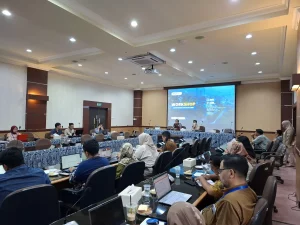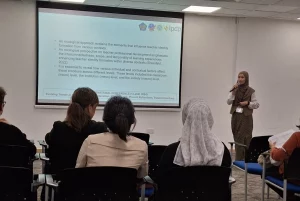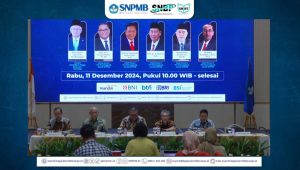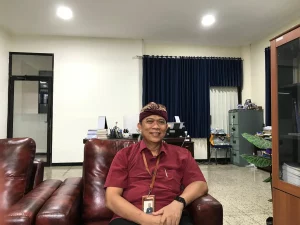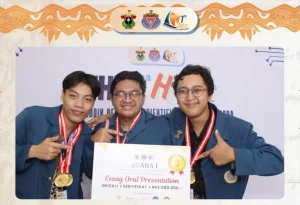Periodontitis is an inflammatory disease characterized by inflammation of the soft tissues and the periodontal ligament and also alveolar bone damage. Periodontal disease is mainly caused by infection from gram-negative bacteria such as Porphyromonas gingivalis (P.gingivalis) and bacteroide. Inflammation will triggered by the interaction between these bacteria and the host’s immune systems, causing damage to collagen tissue as one of the tooth supporting tissue structures. The process of recognizing bacterial components by the host immune system in the periodontal tissue will cause various immune cells to be activated in the inflamed area. This causes an increase in the production of inflammatory mediators, such as chemokines, ROS, and proinflammatory cytokines where they can be the sign of disease progression level. The activation of inflammatory mediators in periodontitis has a significant effect on the host response to systemic inflammation. There are several cytokines such as IL-6, IL-1, IL-8, and TNF-α, prostaglandins, and MMP produced from periodontitis. Bacteria and cytokines in periodontal tissues can enter the body’s systemic circulation and cause a response from several tissues.
A study conducted in a systematic review has proven that periodontitis can affect physical fitness through its effects on muscles. Proinflammatory cytokines such as IL-6, IL-1β, and TNF-α can trigger muscle damage. An increase in cytokines can damage muscle structure, can reduce the process of muscle regeneration, increases pain in the muscles causing a person to be lazy to move their muscles.
The anabolism and catabolism processes are such important factors that they can maintain muscle mass. Anabolic factors consist of physical and chemical factors, while catabolic factors consist of muscle that is rarely used, oxidative stress, proinflammatory cytokines, acidosis, and glucocorticoid hormones. Structural changes such as a decrease in muscle mass and fiber can cause muscle weakness, reducing the muscles strength and endurance. Immunological factors such as cytokines and myeloid cells also influence muscle metabolism. An increase in proinflammatory cytokines can cause an increase of lysis in muscle fibers and affect the process of differentiation of muscle cells. Until now, the mechanism of periodontitis in influencing muscle metabolism has not been thoroughly explained. The purpose of this article is to review the effect of periodontitis on the regeneration process, glucose uptake, and muscle recovery process seen from the aspect of increasing proinflammatory cytokines.
Author: Dr. Pratiwi Soesilowati, drg., M.Kes.
Journal Link: http://www.jidmr.com/journal/wp-content/uploads/2021/12/49-D21_1651_Dian_Agustin_Indonesia-8-Pratiwi.-Periodontitis.pdf


